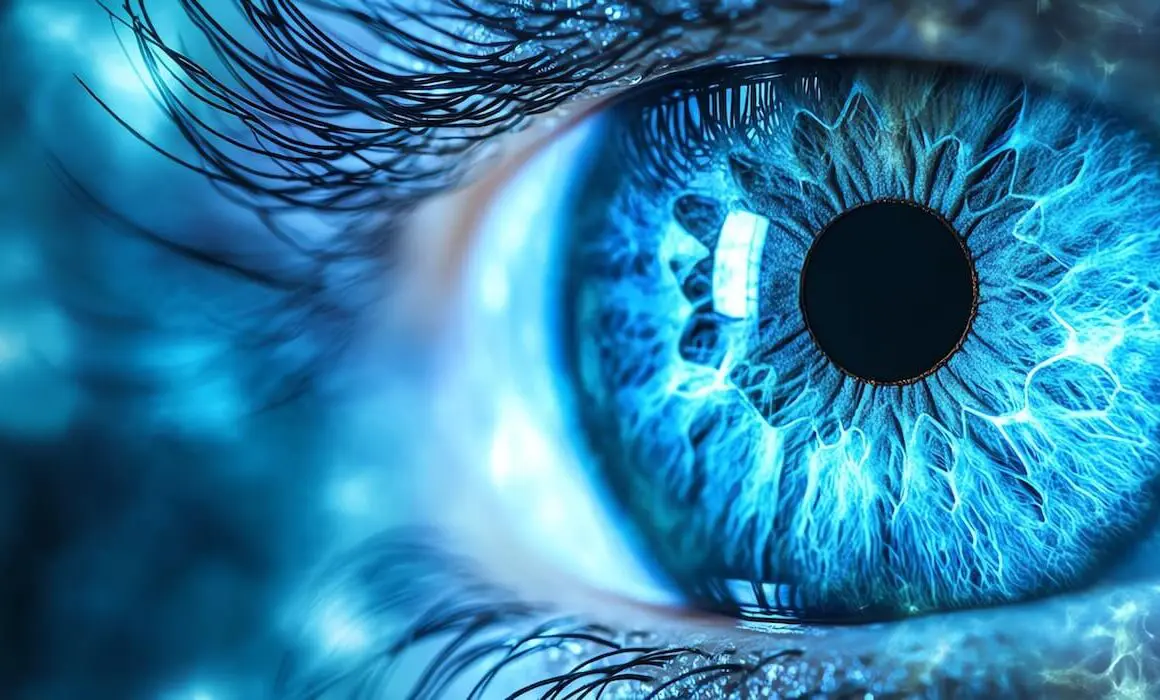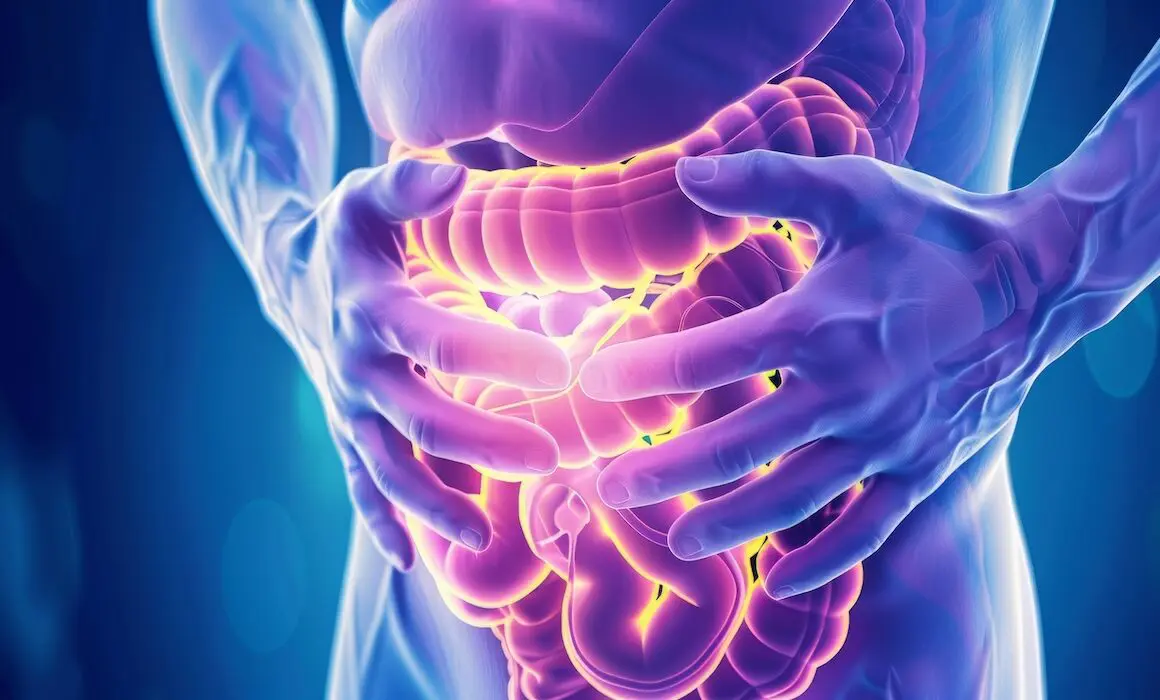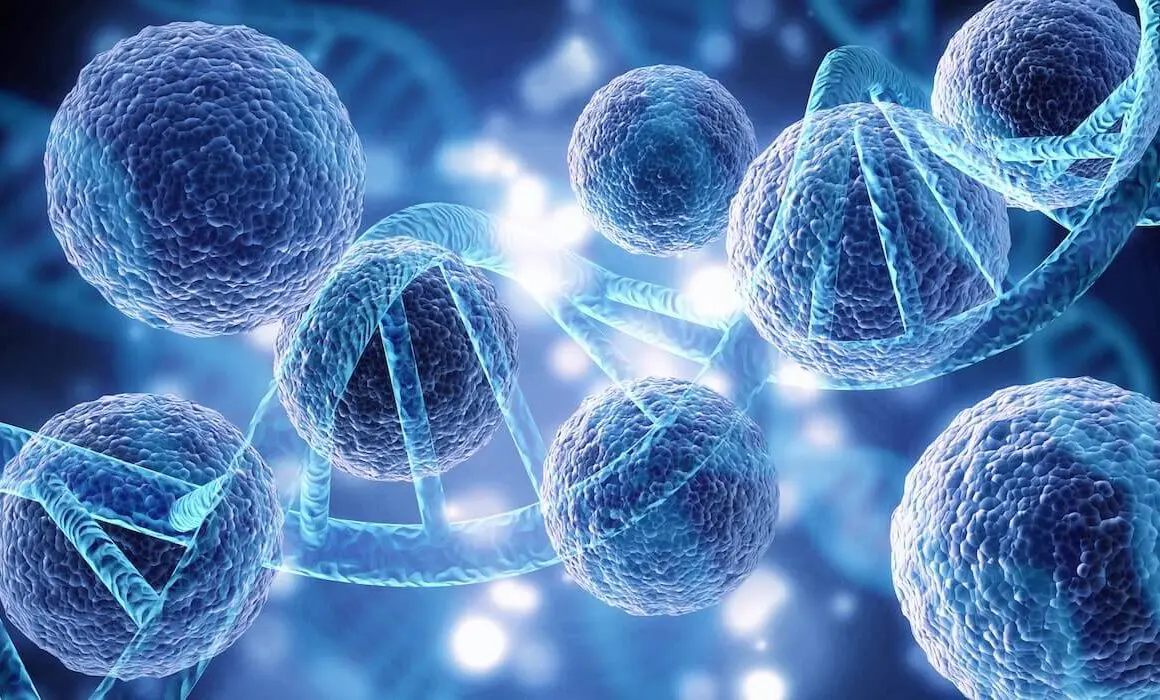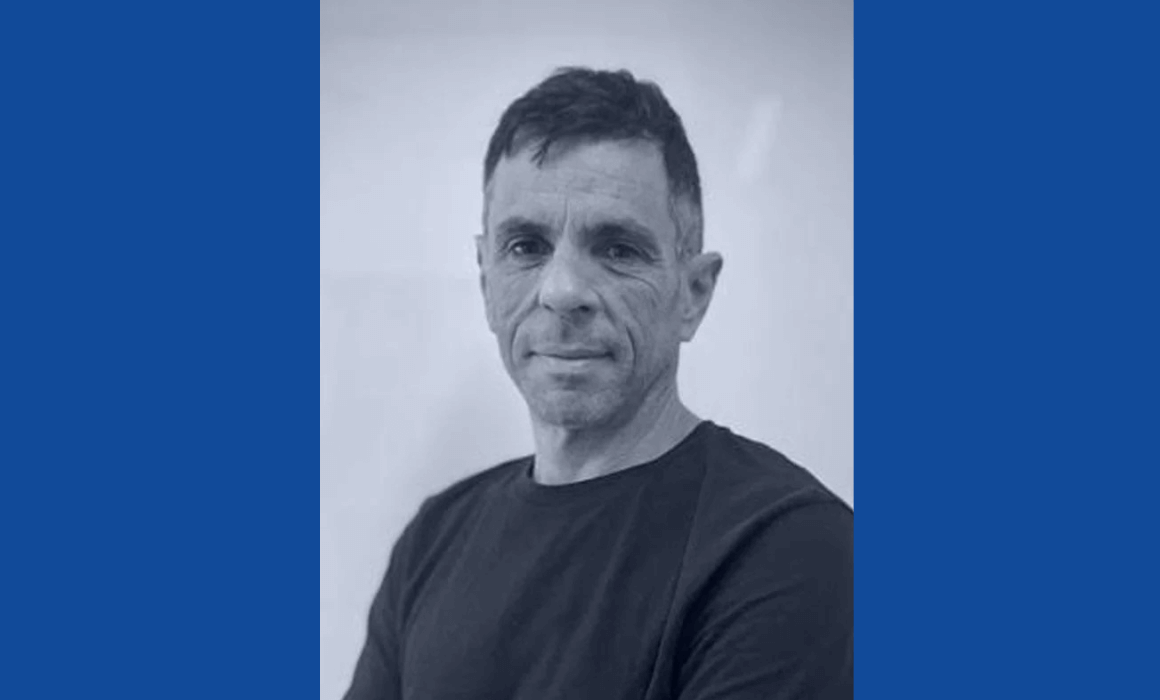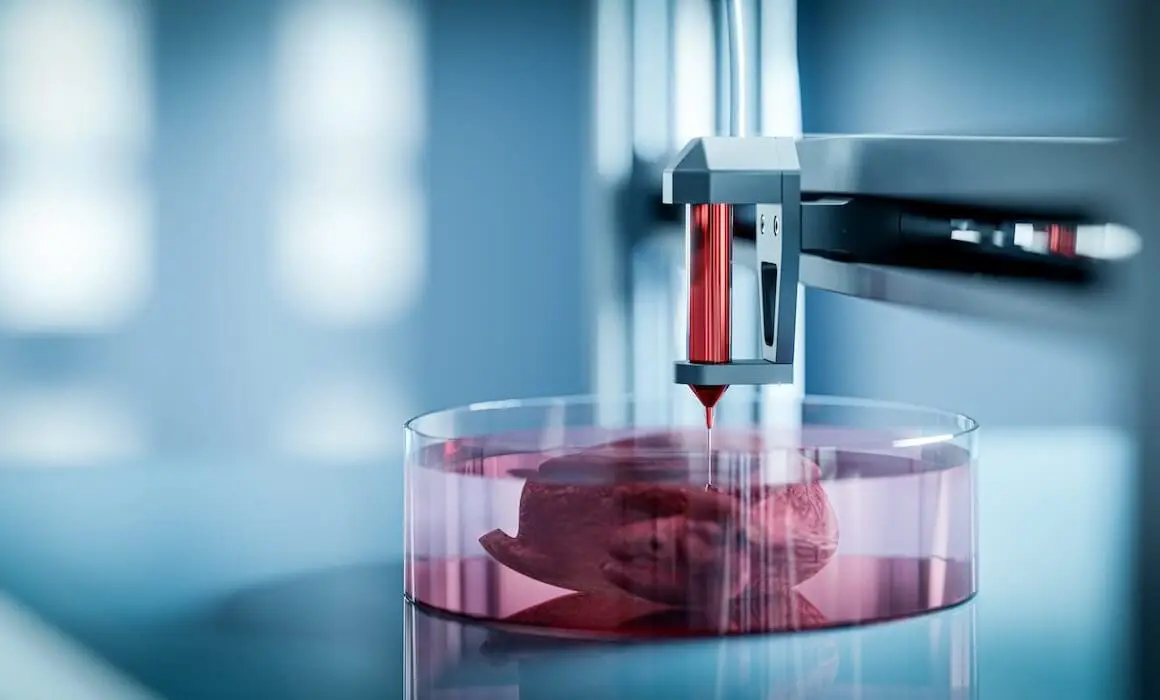
The city of Haifa is best known for its UNESCO World Heritage Bahá’í Gardens and the Technion, Israel’s Institute of Technology, which is ranked among the top ten in the world and has eighteen laboratories of excellence, including the Bio-Medicine Laboratory. This laboratory is changing our approach to life because it has a special printer that prints cellular tissue and organic material.
The lab’s director, Professor Shulamit Levenberg, says the ink is also composed of organic material or cells. The printing is done layer by layer with different materials and cells that are deposited in the right place to organize a cellular construct. The laboratory works on different types of organs like muscles, bones, spinal cord or pancreas.
Different projects and different objectives are carried out at the same time, but all have vascularization as an important common point. The other essential element is the construction of complex tissues using different types of cells to organize themselves to mimic a complex tissue or an organ.
Vascularization is the key to the problem because if an organ is made in a lab and then implanted in a body, it very quickly needs oxygen and nutrients imported through the blood. The lab found that if the vascular network was built in the lab, the connection of the graft with the host was facilitated, and the tissues can fuse faster, keep alive and function better. Currently, the team is working primarily on different skeletal cells and replacing the abdominal muscle wall in some cases.
Keep reading at c19-worldnews.com.
